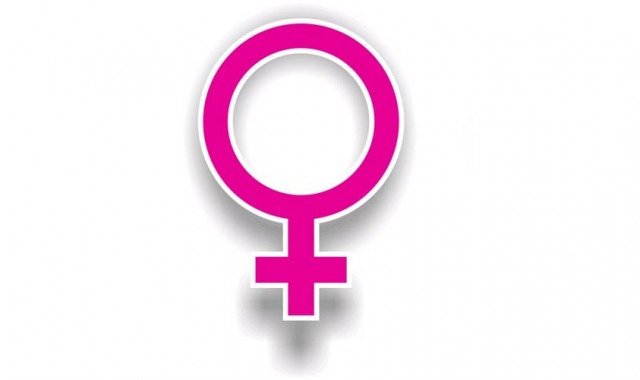National Women’s Day: ‘Miles to go before we achieve rights for women’
Speakers at the roundtable discussed how extremism affected women.

Speakers at the roundtable discussed how extremism affected women. PHOTO:FILE
All Pakistanis must set aside gender discrimination and celebrate the National Women’s Day, a milestone achieved after great sacrifices by women activists, Human Rights Commission of Pakistan Director IA Rehman said on Tuesday.
Rehman was the keynote speaker at a reflective roundtable consultation to commemorate the National Women’s Day. The event was organised by the National Commission on the Status of Women and Democratic Commission for Human Development.
The roundtable aimed to reflect on the challenges that extremism posed to women in Pakistan and develop a strategy on how to deal with it.
NCSW Chairperson Khawar Mumtaz said the National Women’s Day had been celebrated since 2010. “The NCSW aims to achieve gender equality in accordance with the Constitution and international commitments,” she said. “We examine policies, programmes and review laws, rules and regulations affecting the status and rights of women.” The NCSW also suggests the repeal, amendment or enactment of new legislation to end discrimination.
Rehman said even though women had achieved several milestones, “we still have miles to go before we can call it a day”.

He deplored the lack of progress on the Domestic Violence Bill. He said not much had been done to stop child marriages either. He said the distribution of literature condemning Malala Yousafzai and encouraging war-mongering should be checked.
The National Women’s Day should have been celebrated at a national level not by just the NCSW, he said.
Sadia Qasim Shah, a speaker from Khyber Pakhtunkhwa, said, “Extremism is a mindset...it ranges from verbal threats to mental stress and fear.” She said various forms of extremism were on the rise in the KP and the FATA. “Traditions like Swara, child marriages and strict dress codes are on the rise...they have manifested themselves in opposition to education, health and political rights.” Shah said deprivation of inheritance and adopting a profession of choice were some of the economic problems the women of Khyber Pakhtunkhwa faced.
Huma Fouladi from Balochistan said her province faced three kinds of problems: sectarian violence, Talibanisation and Baloch nationalism. She said extremism must be weeded out.
Ayesha Siddiqa, representing the Punjab, said that the state had surrendered its writ in every sphere of life. “It is a myth that foreign elements are responsible for the current state of affairs, that people do not vote for religious parties and that poverty is the root cause of extremism,” she said. “Extremism in the Punjab is most entrenched in the middleclass...that has nothing to do with poverty,” she said. “People do not pay taxes but they generously donate to religious seminaries.”
Provincial Commission on the Status of Women (PCSW) Khyber-Pakhtunkhwa Chairperson Neelum Toru said, “You cannot empower a nation without making sure that women are given the right and access to justice. Women are the backbone of a nation...they are the future of a country.”
NCSW member Kishwer Naheed recited her poem Hum Ghunahgar Aurtain (We sinful women.)
Published in The Express Tribune, February 12th, 2014.
Correction: An earlier version of this story stated that Neelum Toru was the chairperson of NCSW. The error is regretted.



















COMMENTS
Comments are moderated and generally will be posted if they are on-topic and not abusive.
For more information, please see our Comments FAQ